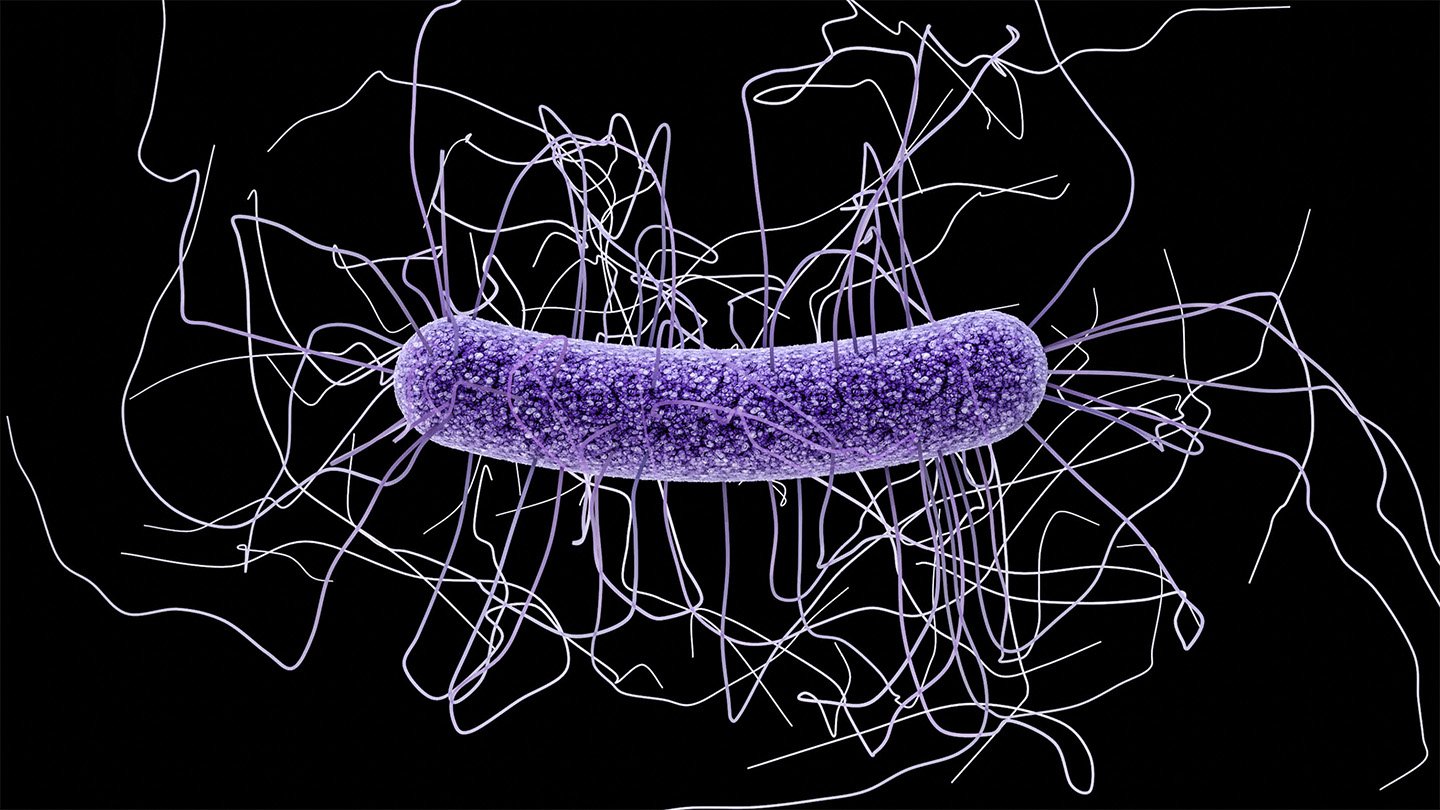
Clostridioides difficile is a notoriously nasty intestinal bug, with few effective treatments and no approved vaccines. But the same technology that enabled the first COVID-19 vaccines has shown early promise, in mouse experiments, against this deadly infection, which kills 30,000 people in the United States each year.
An mRNA vaccine designed to target C. difficile and the toxins it produces protected mice from severe disease and death after exposure to lethal levels of the bacterial pathogen, researchers report in the Oct. 4 Science. While it will take much more research to see whether the vaccine is safe and effective for humans, the results hint that an mRNA vaccine might succeed where more conventional vaccines have failed.
C. difficile is an opportunistic pathogen that often wreaks intestinal havoc after a course of antibiotics clears out healthy gut bacteria (SN: 10/24/18). The bacterium infects around 500,000 people in the United States each year, and the toxins it secretes can cause anything from mild diarrhea to sepsis and death. Once infected, it’s hard to kick, as antibiotic-resistant spores can lurk in the body for years. Researchers have developed several different vaccines designed to prime the immune system to recognize C. difficile’s toxins, but none have proved especially effective.
A team of researchers at the University of Pennsylvania took a new approach, using mRNA technology to design a multipronged vaccine that targets several proteins that underlie C. difficile’s ability to cause disease. In laboratory mice and hamsters, the mRNA vaccine elicited a more robust uptick in a variety of immune cells — including antibodies, immunoglobulins and T cells — than traditional versions of the vaccine.
That broad immune response paid off. All vaccinated mice survived a highly lethal dose of C. difficile, the study found, while all unvaccinated mice died after a few days. Vaccinated mice still got infected, but experienced mild symptoms and bounced back quickly. The immune protection proved durable, as vaccinated mice challenged with a second C. difficile infection after six months fared about as well as they did in the first round.
Treatments that work in mice often fail in humans, though the researchers did find that the mRNA vaccine spurred an immune response in two rhesus macaques. Still, the researchers acknowledge that these vaccines need to be tested in “dirty mice,” which have more naturalistic immune systems than lab mice (SN: 4/20/16), before they’re ready for human trials.
Source link













Leave a Reply